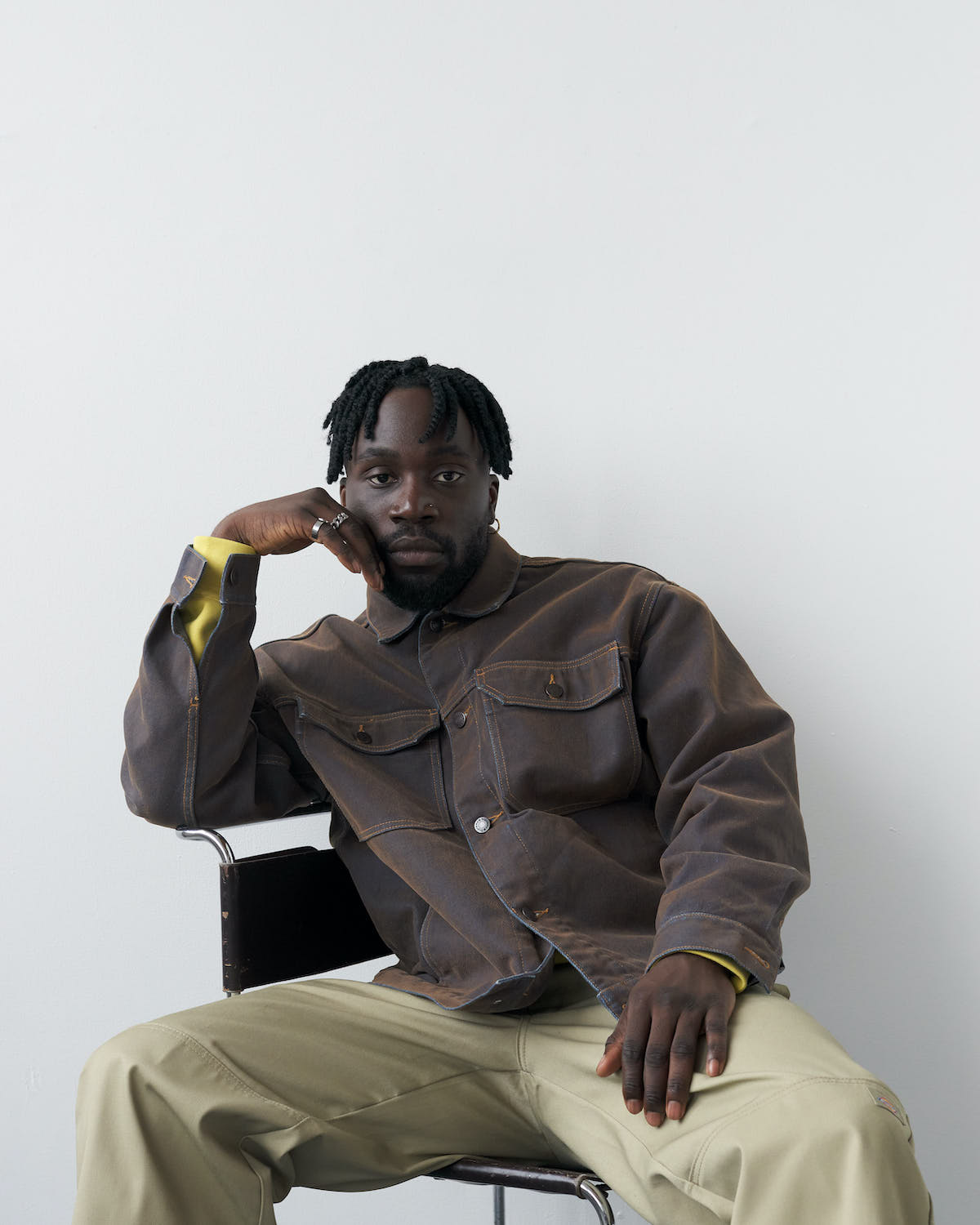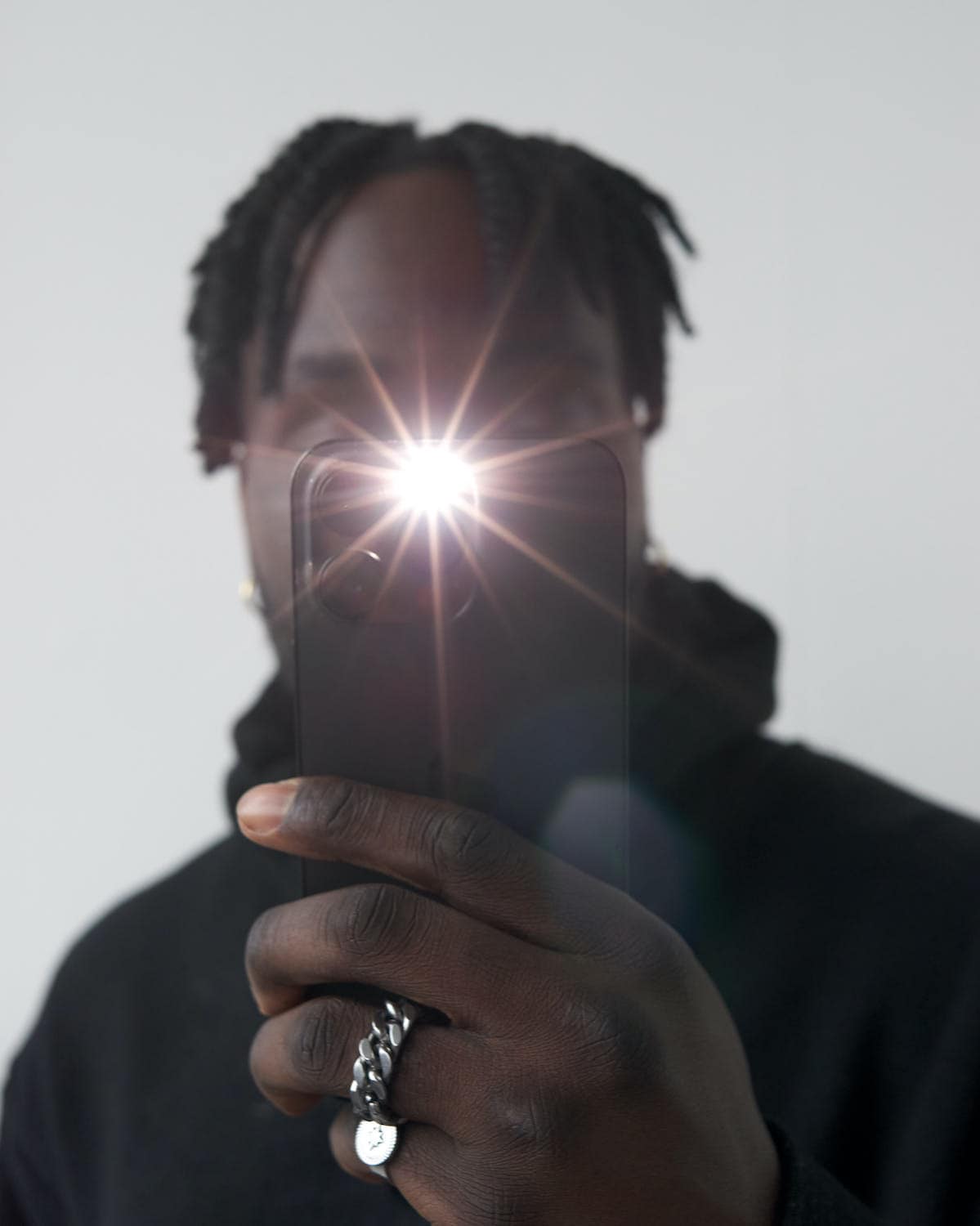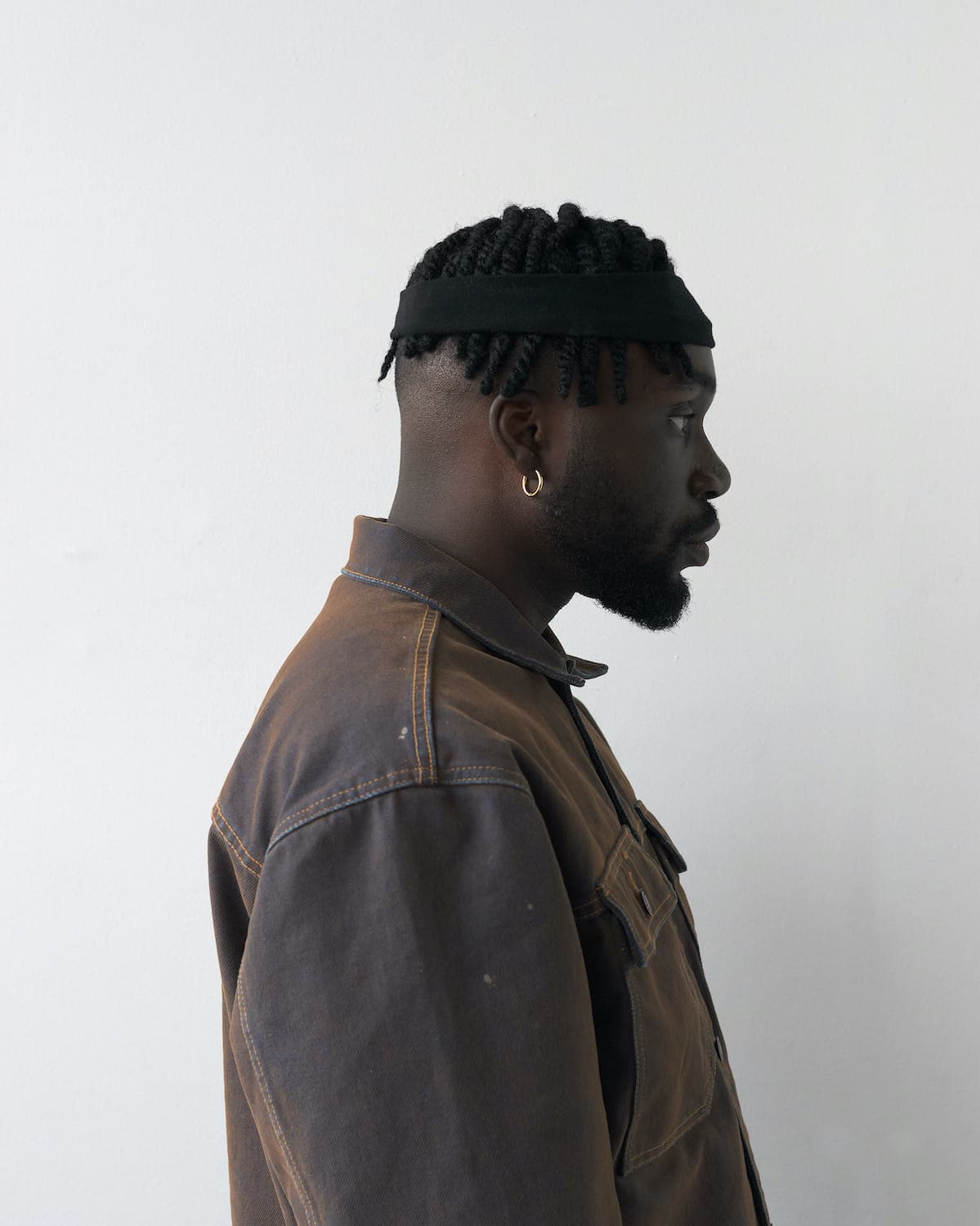Growing up in both Ghana, Netherlands and the UK, the SMUGGLER director Ebeneza Blanche is a multidisciplinary filmmaker who is quickly becoming a household name in the world of music videos, fashion, advertising, and film. He was recently named Best New Director at YDA, AICP, UKVMA, Kinsale, and Creative Circle. Ebeneza is most known for his music video for Little Simz Point & Kill. The effortlessly stylish music promo is a reimagined homage to the iconic film Touki Bouki while riffing on storytelling tropes in Blaxploitation films. Point & Kill has swept the awards circuit and continues to ride the wave of being both a fan and festival favourite winning Best Music Video at the UKMVA and netting him Best New Director at multiple film festivals. It was also the first time a music video has been chosen to be part of the Tribeca Film Festival. Ebeneza’s intuitive feel with where to place the camera and how to tell a story makes every one of the characters in his films lovable. He thrives in the specificity of the filmmaking details from the casting, location, styling, and performance. He brings his tacit knowledge of his lived experiences, creating a singular body of work that will stand the test of time.
Ebeneza Blanche’s latest short film “Mathlete” takes us on a journey through the eyes of a student within the ruthless environment of a Ghanaian boarding school, resulting in a moral dilemma for the protagonist, Emmanuel Wilberforce.
Filippo Raineri: In all your works there is a recognisable imagery. People say that to tell something well, you have to talk about what you know and what you have seen or experienced. Is that true for you?
Ebeneza Blanche: Absolutely! I strongly believe that when it comes to creating it’s easier to make things authentic by viewing things from a personal experience.
FR: In Mathlete, the protagonist is moved by a very specific purpose and narrates very well a type of reality that is still present today. Is it something you have experienced directly? How important is it for you to tell about your territory and your origins?
EB: I think it is very important to bring stories from the African and Diasporan perspectives to film. I see a whole subgenre emerging especially now that there are a lot of Diasporans connecting with their roots. I try to bridge this gap by drawing inspiration from my personal experience and then putting this on film or whatever medium I express myself in.
FR: Both in the short film and in your more commercial work there are many references to black cinema. Which authors have influenced you the most?
EB: I am a big fan of Senegalese cinema. The way the people are dressed, their hairstyles, and the way they stay true to their culture inspires me. I believe I have a purpose to shift the stereotypes of what has been created of what the black experience is like and I really want to continue to do this throughout my work. Ousmane Sembène and Stanley Kubrick are my current favourite directors.
FR: Besides a recognisable imagery, your works also have a distinctive style. There is a high level of art direction, a lot of care in styling and a simple, clean and very dry, almost minimal direction. What are the benefits of this type of staging? What are the difficulties you face?
EB: Well, I love fashion first and foremost. When studying film, fashion film was an area I naturally gravitated to. I liked how clothing could add an extra layer of meaning to characters and change an overall aesthetic. I have leant towards shooting a lot of my projects in Africa and through that, I always try to keep things simple and realistically achievable since our film industry is still growing. This mindset helped shape my style and influence the way I go about constructing a scene.
FR: I really like the use you make of music in your more narrative and cinematographic works, because they are an additional element that narrates your imagery. What is your relationship with the choice of music and what do you want to communicate when you use one?
EB: Music inspires me to create. Whether it’s a simple sound or instrument to music, or a rich score; I am moved by sound. Sounds allow me to tap into a higher frequency to create worlds in my head which then translate to a concept for a visual.
FR: With this short film do you want to move in a direction closer to the cinema? What are your plans for the future and your next projects?
EB: Yes definitely. Mathlete was a test for me since I come from a music video and fashion background. I wanted to use this opportunity to test my visual language in film. We had a small budget for this and I am very happy with what came out of it. The whole team broke their backs for this literally and I am grateful for the people I have supporting me. None of this would have been possible without help from them.


